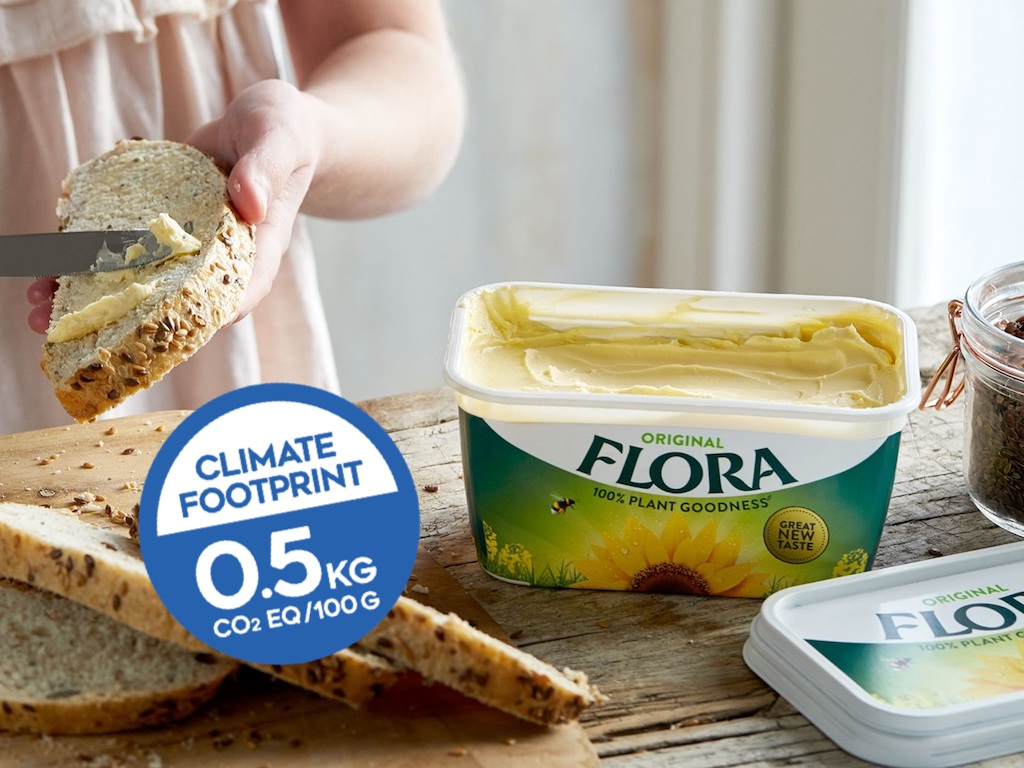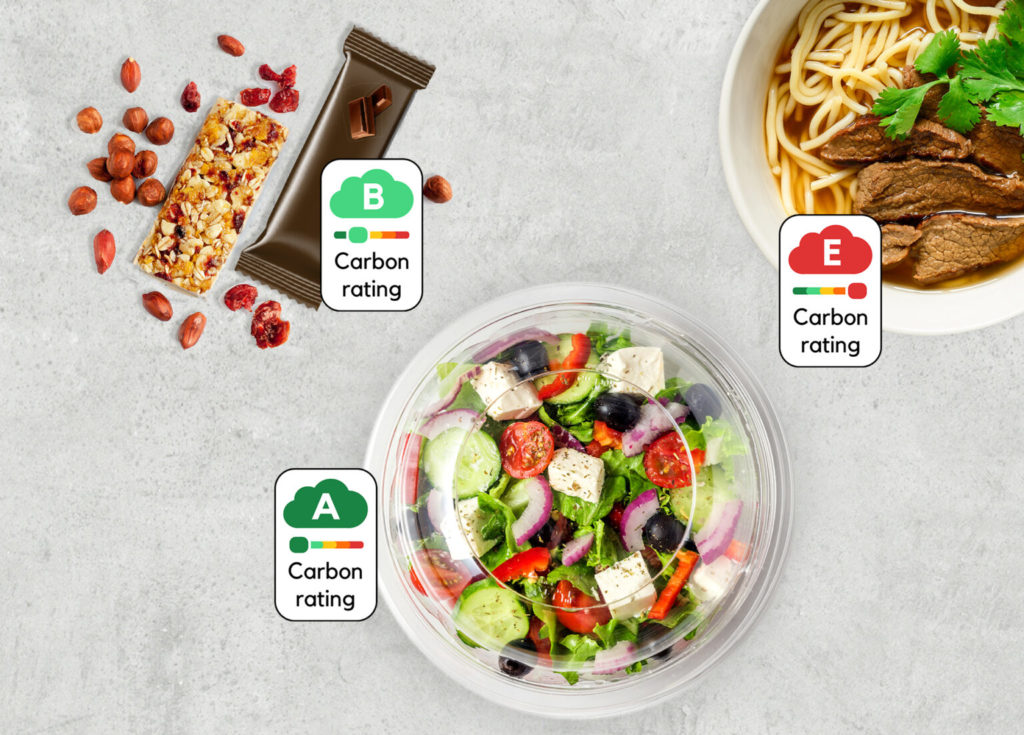UMass Becomes First US College To Start Carbon Labelling Cafeteria Meals
4 Mins Read
UMass Amherst will now include carbon footprint information on its menus. The move comes as part of wider commitments to reach carbon neutrality by 2032. The Boston college will become the first in the U.S. to measure and highlight the carbon footprint of individual menu items.
UMass aims to offer its 28,635-strong student body access to information that will shape their food choices. A survey conducted last year revealed that 88 percent of students consider the climate crisis as a guiding influence on purchasing decisions. UMass is making it easier to proactively engage with climate data in a meaningful and impactful way.

Students want to reduce their carbon footprints
Other findings from the survey carried out in Autumn 2021 reveal the students are aware of the connection between climate change and food. 75 percent said they know what they eat impacts the environment. 76 percent went on to claim that reducing their personal carbon footprint is a priority. UMass has pulled the two together to create an easy framework for conscious dining choices in its cafeterias.
“We are excited to launch this carbon rating system in our dining program as part of our efforts to empower students with information so that they can make educated decisions for both their personal and planetary health,” Ken Toong, executive director of auxiliary enterprises said about the project.
The first phase of the carbon labelling initiative launched during Earth Week. It will see all menu items served in the Hampshire Dining Commons given A-E carbon ratings. Physical menus, apps, and online menu notifications will all synchronise to display the rating system.

Carbon labelling as a call to action
For the first time, food labelling is potentially shifting from a focus on calories to climate impact. The idea has existed for years but has never been widely adopted. Now, large and independent brands alike are seeking to connect with consumers not just by their budgets but also their environmental awareness, using impact labelling.
There is evidence to suggest that the move to carbon labelling will be well received by shoppers. A 2020 YouGov survey of 10,000 consumers revealed that two-thirds think the idea has merit.
Food production accounts for a minimum of one-quarter of all greenhouse gas emissions. However, access to reliable and understandable data remains a stumbling block. In the EU, conglomerates such as PepsiCo pledged their support. Mandatory labelling is not yet forcing the issue, however.
“Climate activists and some corners of government have been calling for more behavioural interventions to influence food purchasing decisions, including carbon labelling on food packaging, for some time,” Emilien Hoet, head of Climate Partner told New Food Magazine. “DEFRA advocated a social marketing approach towards behavioural change as far back as 2008 and the House of Commons Environmental Audit Committee stated that carbon labelling is crucially important in 2009.”

Taking voluntary steps to prevent a worsening climate crisis
With no legislation in place, companies and institutions committing to carbon labelling are doing so voluntarily. The process is intensive, but UMass has partnered with My Emissions to make its own signposting simpler. Carbon footprint information is calculated using water consumption, transportation and other data, to generate a simple score for each meal. A-rated foods are the lowest impact.
“Eating low carbon food is one of the best ways to reduce your carbon footprint,” Matthew Isaacs, co-founder of My Emissions said in a statement. “As an award-winning university food service provider, UMass Dining Services are the ideal partner for us to launch our carbon label into the U.S. I hope this inspires people to make more sustainable choices, and that many other institutions follow their lead.”
Inspiring diet change in younger generations
UMass’s announcement comes as hundreds of U.S. colleges and universities are set to embark on increasingly plant-based menu plans. Foodservice provider Sodexo has revealed that to expedite its own carbon footprint slashing, it is converting 42 percent of educational menus to vegan options. The company has unveiled data that suggests most of its emissions come from meat and dairy-based dishes.




